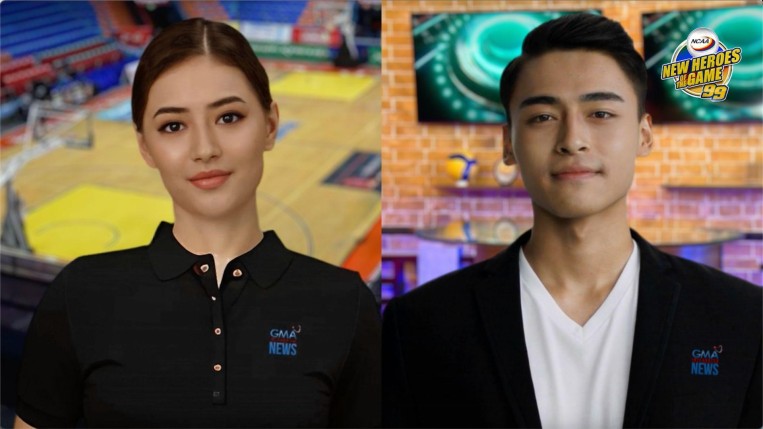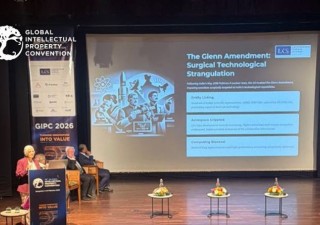AI Sportscasters in the Philippines, an IP lawyer weighs in
06 October 2023

Photo: GMA Network
A news channel in the Philippines recently debuted its AI sportscasters to a less-than-welcoming audience during the start of the National Collegiate Athletic Association (NCAA) Season 99, an athletics association of 10 private colleges and universities in Metro Manila. The two sportscasters, Maia and Marco, were created by artificial intelligence employing deep learning facial animation, text-to-speech voice synthesis and creation, and picture production.
Many individuals voiced worry about the technology, especially about how viewers would be engaged by AI and how it might eventually supplant humans in the job.

Arjel P. de Guzman, Founding Director, OPTMARKS, Metro Manila
For Arjel P. de Guzman, the founding director at OPTMARKS in Metro Manila, who has watched snippets of the presentation delivered by Maia and Marco, all he could say was he was impressed.
“Offhand, it gives the public a glimpse of the possibilities and capabilities of generative AI, thus providing a preview of what lies ahead of us in the near future of such technology,” he said. “Contrary to the recent online flak received by the introduction of generative AI presenters, I take the less popular view that the same is a welcome development. The use of generative AI has showcased how the interplay between traditional human attributes and generative AI can create meaningful, innovative works.”
He continued: “We must understand that technology and innovation have reached an exponential stage in terms of growth and advancement. As such, it is unavoidable to integrate these technologies into different human activities, which usually are delivered through traditional and more human-centric processes, including presentation and journalism. Given such a premise, I think journalists and stakeholders should start to carefully study the advantages and disadvantages of using generative AI instead of adopting an outright dismissive attitude towards it.”
Regarding legal challenges and risks, many aspects related to AI and generative AI still have to be defined legally, according to de Guzman. There is a scarcity of regulations dealing with AI and generative AI, which often leads to ambiguity in treating them and defining the rights of the involved stakeholders, including the public at large.
“A big part of generative AI still lies in the gray area. In the field of IP particularly, many questions have been the subject of debate when it comes to generative AI. The most common point of contention is whether AI-created works, partially or entirely, can be subject to copyright and corollary, whether AI can be considered as the legal author of the protected works,” he said.
Apart from AI itself, de Guzman added that the art of AI prompting has also become another significant aspect that also raises questions relative to copyright and IP.
- Excel V. Dyquiangco






